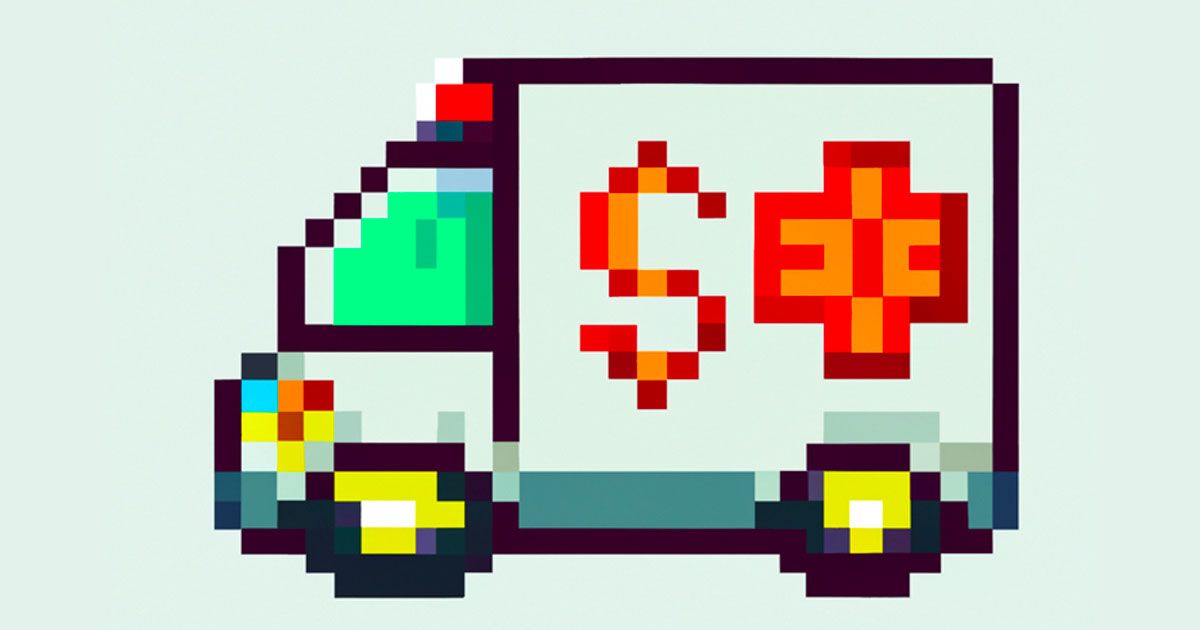Emergency Fund Definition: What is an Emergency Fund?
Emergency fund: A savings account set aside specifically for unexpected expenses or emergencies.

Emergency fund: A savings account or cash money set aside specifically for unexpected expenses or emergencies.
e·mer·gen·cy fund /əˈmərjənsē/ /fənd/
noun:
1. money saved specifically for use during times of trouble or distress.
What is an Emergency Fund?
An emergency fund is a savings account set aside for unexpected or unforeseen expenses that can arise at any time. It is important for individuals and families to have an emergency fund in order to be prepared for the financial challenges that may come their way and to avoid taking on debt if possible.
Having an emergency fund provides security and peace of mind. It can help you cover unexpected costs, such as car repairs or medical bills, and provide security in the event of job loss or major life changes. It is important to start building your emergency fund early so that it can grow over time and be available when needed.
How Much Should I Save in an Emergency Fund?
The amount you should save in your emergency fund depends on your individual situation. Generally, it is recommended to aim for at least three months’ worth of living expenses saved in an emergency fund. This will give you a buffer in case of job loss or other unexpected expenses. For some people, having six months of living expenses saved might be more appropriate if they are self-employed or have a more unstable income.
It is important to consider your own financial situation and lifestyle when determining how much money should be saved in an emergency fund. Once you’ve set aside the funds, it is important to keep adding to it as you are able so that it can continue to grow over time.
Where Should I Keep My Emergency Fund?
It is important to keep your emergency fund in a safe and accessible place. This can be a traditional savings account or money market account, but there are also online accounts that offer higher interest rates with limited liquidity if you’re looking to maximize your return on investment.
Whichever account you choose, make sure it is FDIC insured so that your money is safe if something happens to the bank.
Having an emergency fund can provide you with peace of mind and financial security in times of need. It is important to start building your fund as soon as possible and continue growing it over time. By doing this, you’ll be prepared for whatever life throws at you.
It can also be a good idea to have at least a portion of your emergency fund in cash in a safe place. A minimum might be $1,000.
How do You Save Up an Emergency Fund?
The U.S. Consumer Financial Protection Bureau has a great resource about emergency funds. In that document, the CFPB suggests several strategies for saving up your emergency funds.
- Set a goal: Determine how much money you need in your emergency fund based on your monthly expenses and any debts you may have.
- Create a budget: Look at your income and expenses to see where you can cut back on spending and redirect that money toward your emergency fund.
- Automate your savings: Set up automatic transfers from your checking account to your emergency fund account to make saving easier and more consistent.
- Make extra money: Consider taking on a side hustle or selling items you no longer need to help increase your income and save more money for your emergency fund.
- Save windfalls: If you receive any unexpected financial gifts or bonuses, consider putting them towards your emergency fund.
- Prioritize saving: Make saving for your emergency fund a priority and resist the temptation to use the money for non-essential expenses.
- Keep your emergency fund in a separate, high-yield savings account: This will help your money grow and make it less tempting to spend.
- Regularly review and update your emergency fund: As your financial situation changes, make sure to adjust your emergency fund accordingly.
